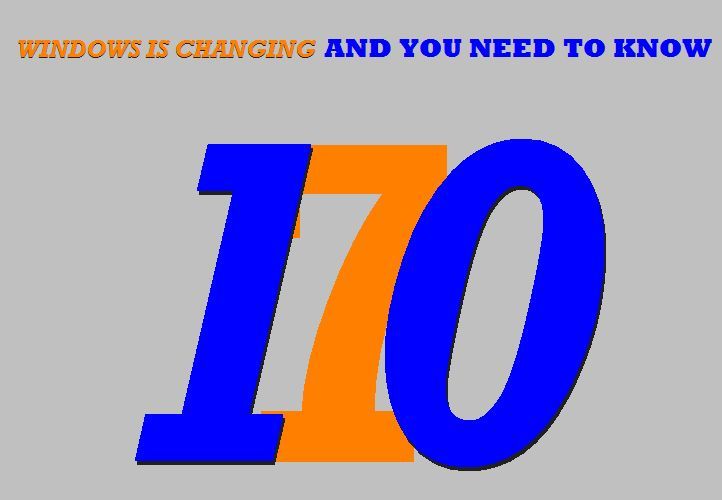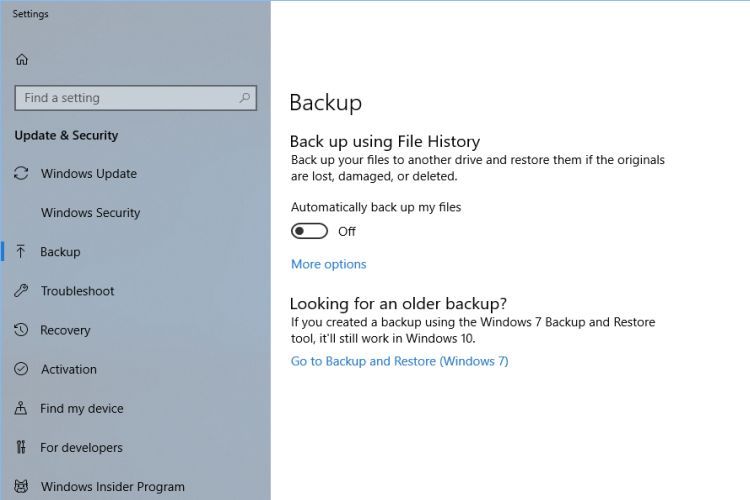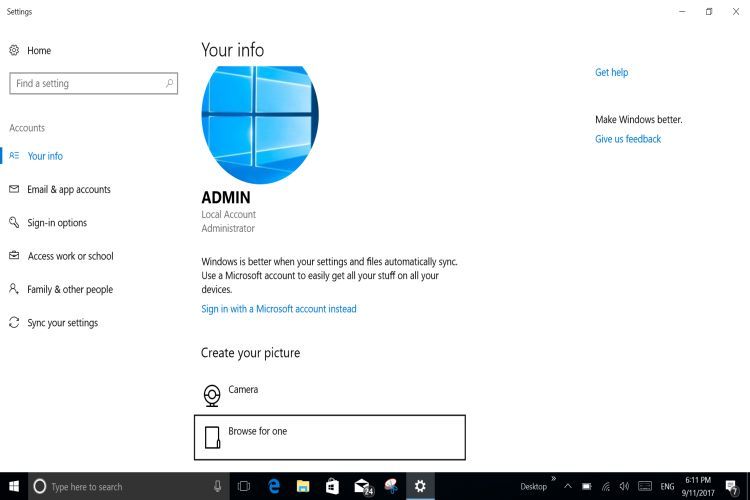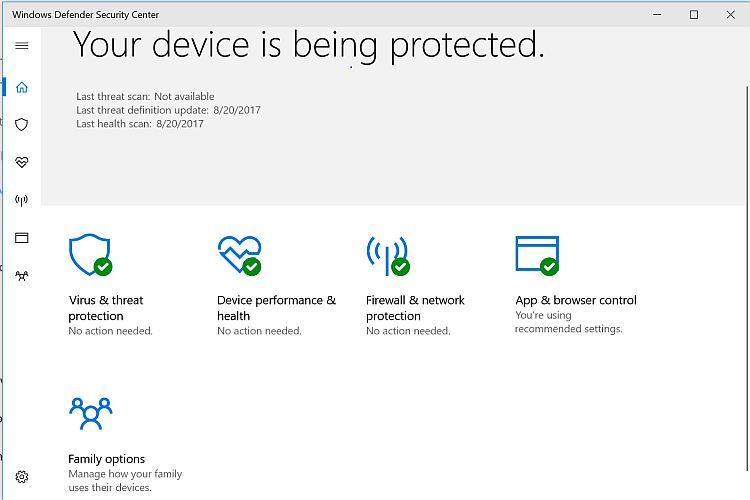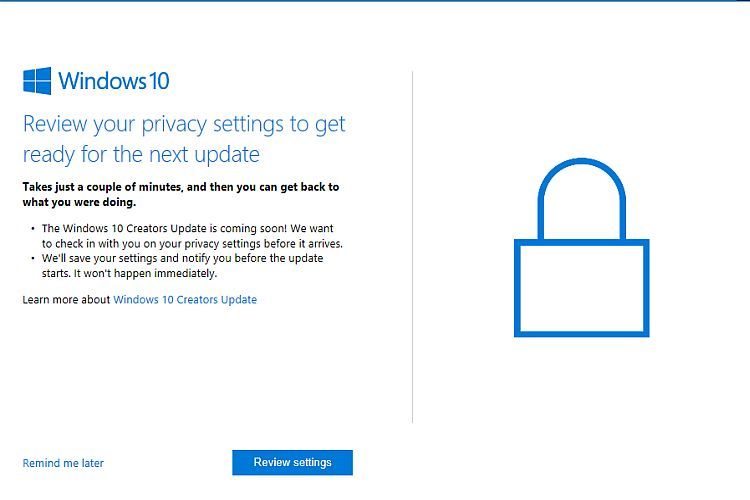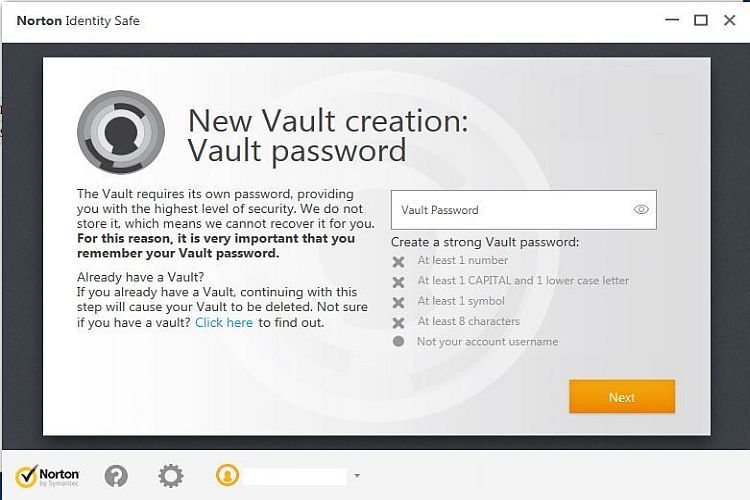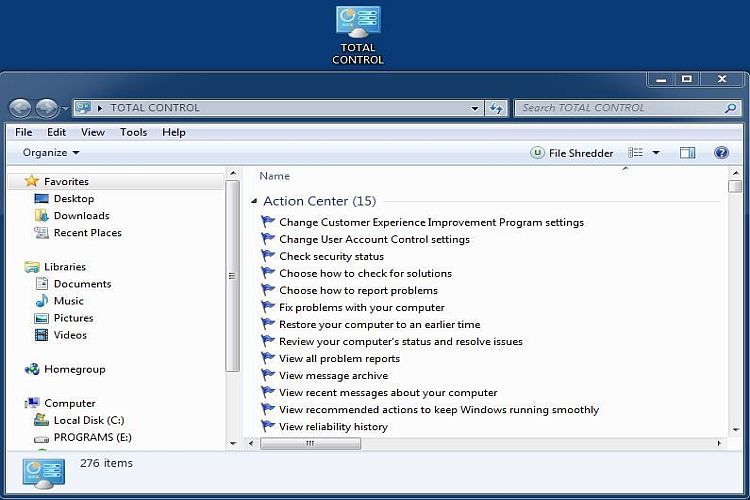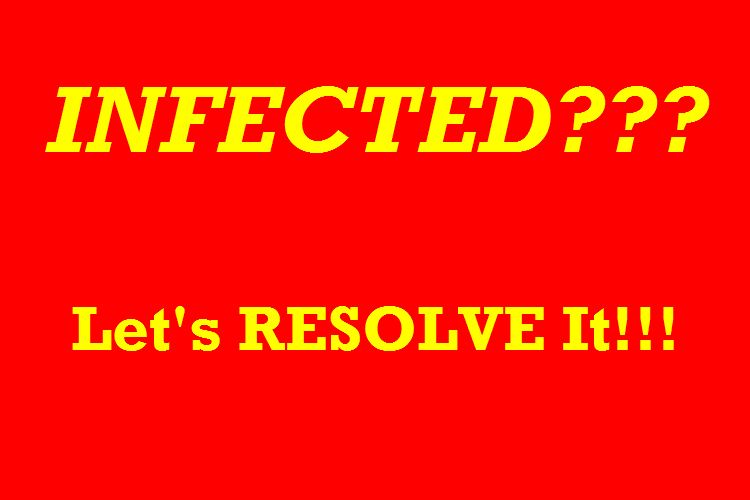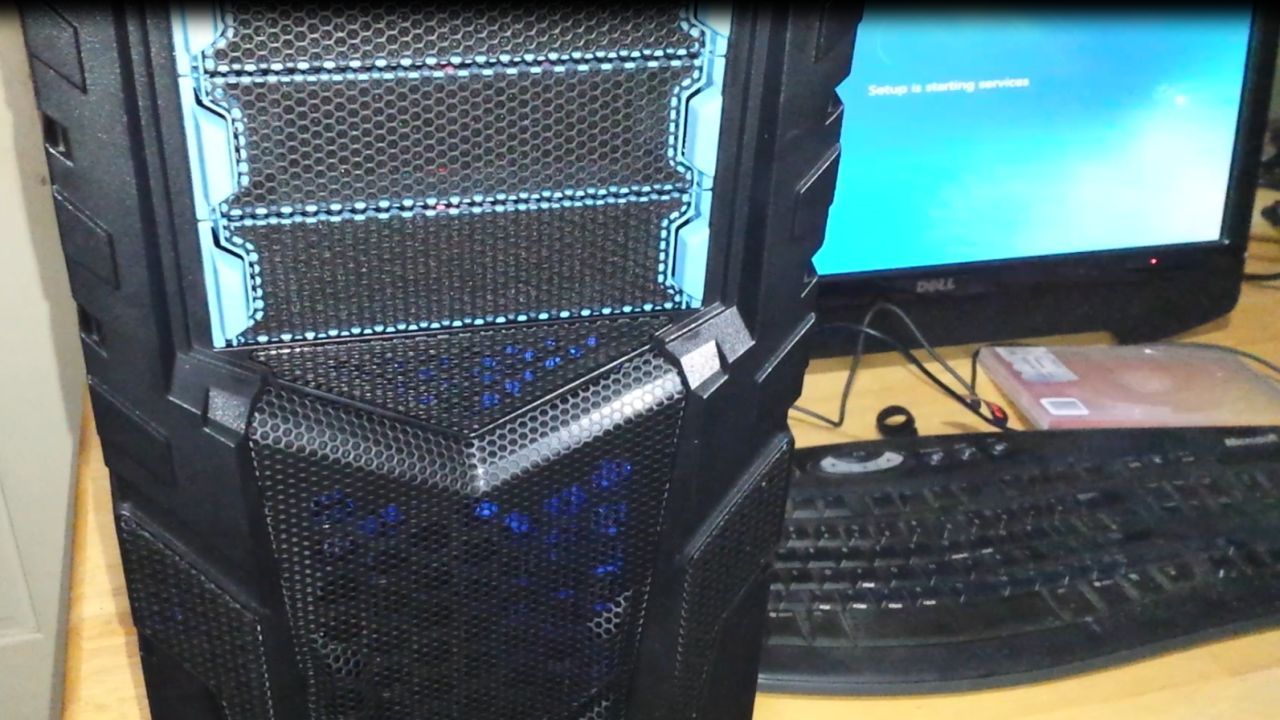Hybrid Drives
Hard disk drives (HDDs) are things which normally (historically) have many moving parts within and the speed at which data can be written to and retrieved from them is dependent on the speed and reliability of said moving parts (pictures in the slideshow on this site). Although it is true that the type of interface used (IDE/SATA/SAS) has a direct effect on speed, there are also different types of drives which perform faster. Flash drives (like USB sticks or Compact Flash drives) do not have moving parts, and neither do Solid State Drives (SSDs). What’s more is now we will see emerging an even newer type of drive: The HHD.
Facebook Panic…
It is true that Facebook has had, does have, and likely will have its share of problems for some time to come, but is this latest “timeline stumble” really any cause for concern? Maybe that depends (as many things do) on one’s perspective and/or how Facebook is used. Privacy is a matter of concern in the views of many people, and Facebook does say that they protect their users privacy, but it’s still a fact that what’s on Facebook is “out there” and if Facebook shifts it around the look of things can change.
Microsoft Wants Your Search
Microsoft realizes that the majority of web searching is done using Google but they’d like to see that change. The company’s Bing search engine is widely used and it’s also the driving force behind Yahoo’s search engine; however, Google still retains a larger share of overall search activities. Since the number of searches conducted on any given search engine directly affects the advertising dollars generated therein, Microsoft has decided to put their money where their mouth is: Challenge people to take a close look at Bing and Google side-by-side and judge for themselves which is best. They believe that Bing has improved greatly over the last few years and think it’s possible to get people to change their search habits if they see that improvement.
Microsoft will give Windows 8 users 'Do Not Track' options for IE10
When Microsoft releases Windows 8 on October 26 of this year it will include Internet Explorer 10. Although not enough people are concerned about it (studies indicate that many people don't necessarily take the time to change many settings on the computer), the do not track (DNT) option in IE 10 will be something that people will be presented with when the first start the new Windows 8 operating system. DNT is a system built into the browser which signals online advertisers literally not to track the user when browsing the Internet. According to Microsoft, the default settings will enable DNT but users will be presented with the option to change settings regarding DNT during initial setup. It is worthy of note that some people would even prefer not to use DNT simply because whatever ads they see will be tuned to their activities. It is also worthy of note that if DNT is turned on, using a program such as Advanced System Care or MalwareBytes can clean up the results of being tracked whenever a user wishes.
Cloud-Based Storage of Secured Info Increasing
According to a survey conducted by the Ponemon Institute and Thales e-Security, using cloud-based data storage for secure info is nearly becoming the norm. Approximately half of the respondents from this survey of 4000 IT pros in seven countries stated that they do use cloud storage for their sensitive data. This approach has several pros and cons - in the positive there is the fact that data storage space is not a local necessity and maintenance is performed off-site as well; however, in the negative secure data is typically something which is encrypted and that requires encryption keys which means said keys lie in several hands. Therefore, in order for someone to use cloud-based encryption one must trust the encrypting entity completely meaning that it is imperative to only use completely proven and trustworthy vendors for any cloud-based encryption services.

